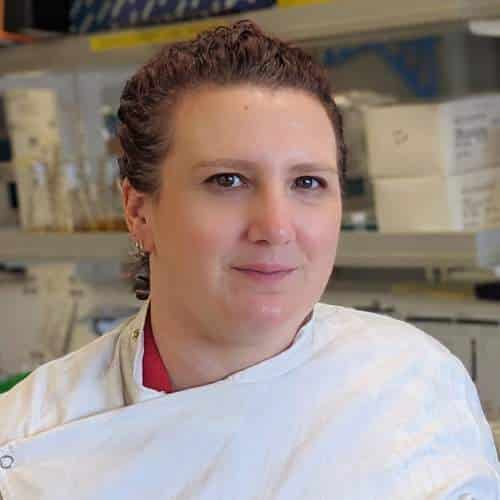Dr Jessica Fletcher is a Senior Research Fellow at the Menzies Institute for Medical Research, University of Tasmania. Dr Fletcher’s research is discovery-based and is focused on investigating why myelin-generating cells lose their ability to produce myelin in people with MS. She especially enjoys working with the intelligent, thoughtful, passionate, and highly motivated people in her lab.
